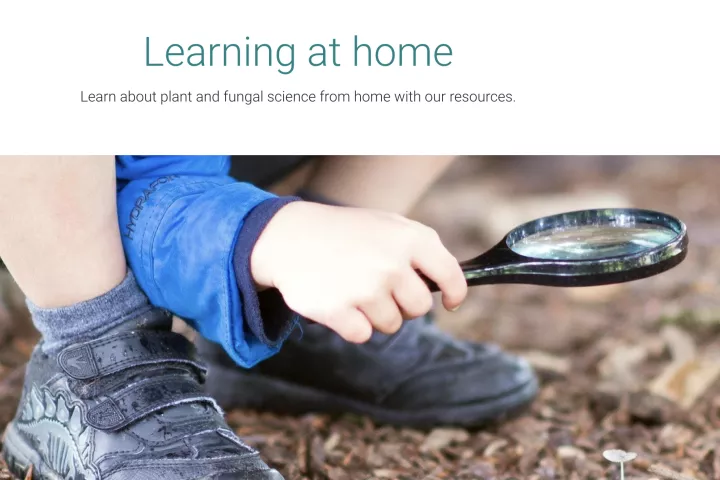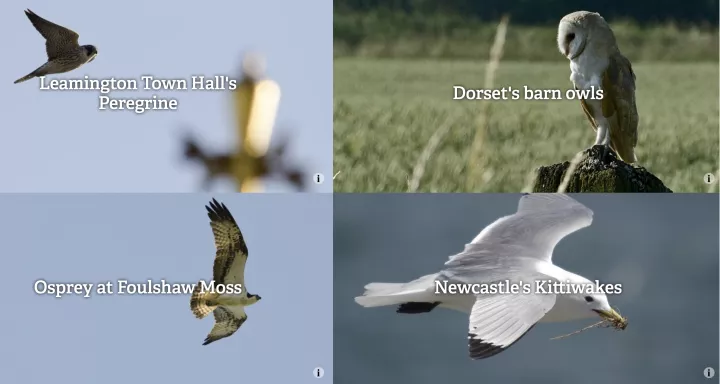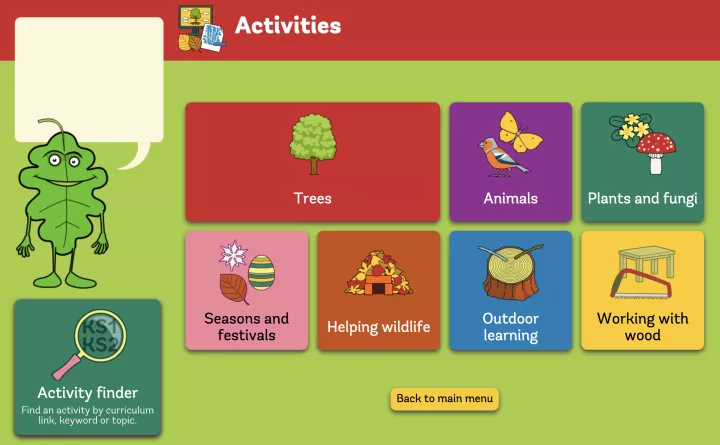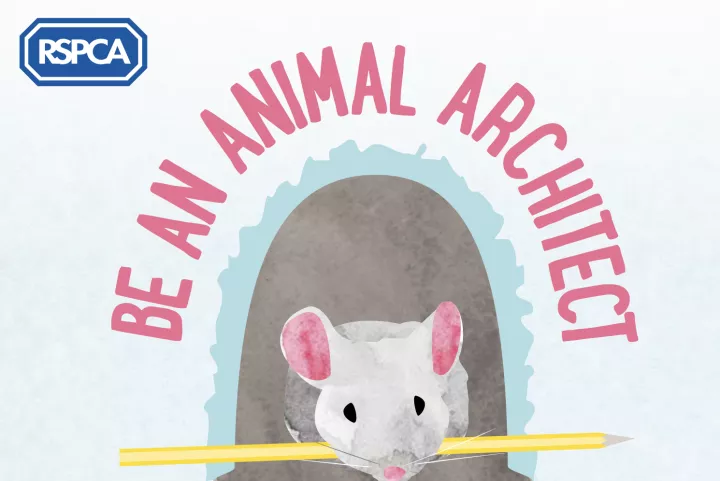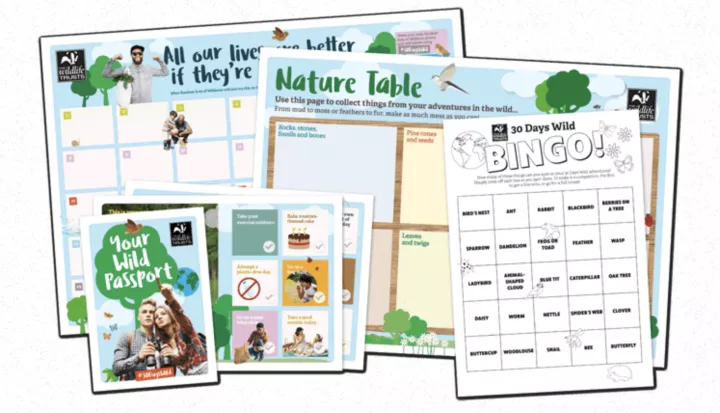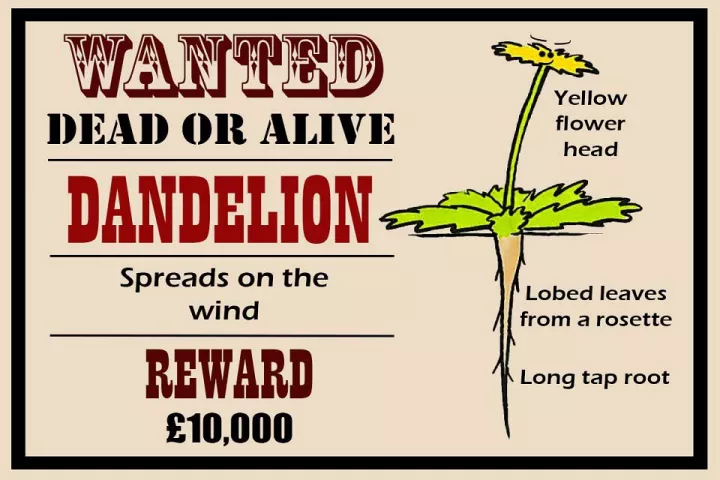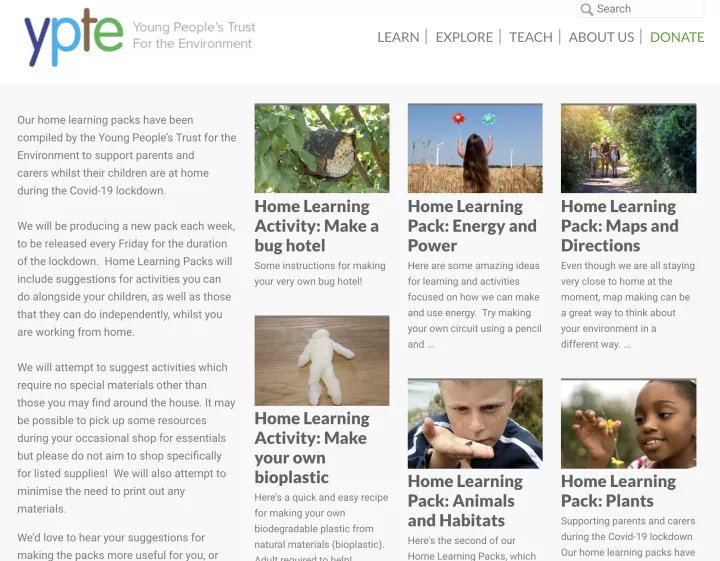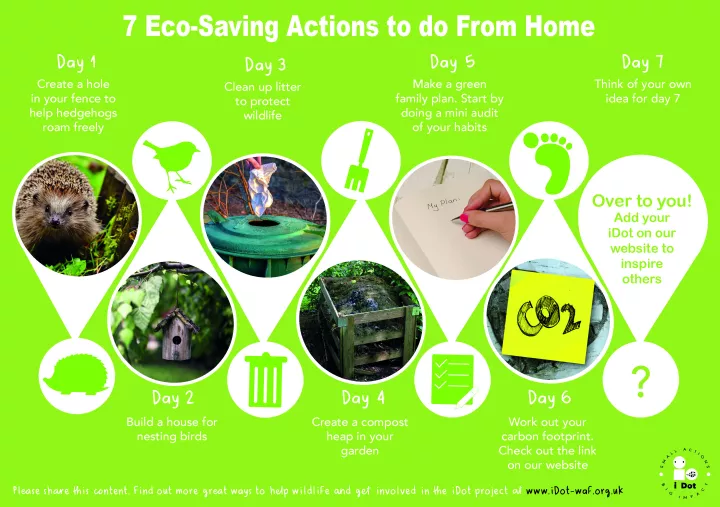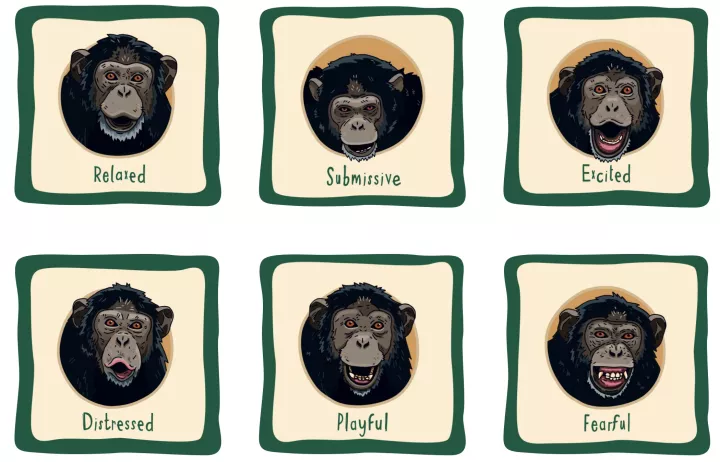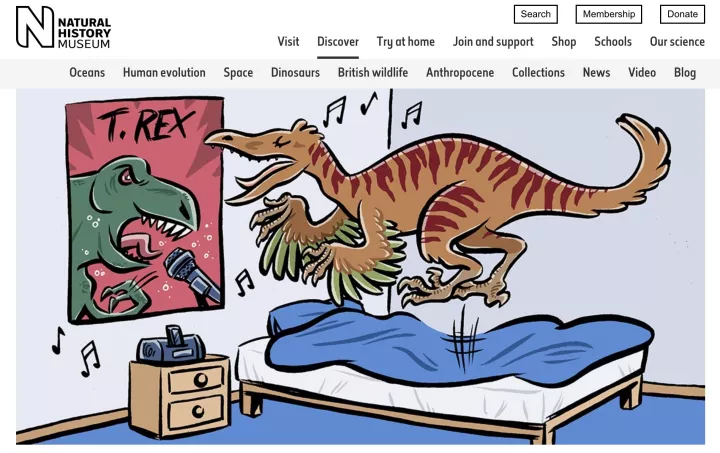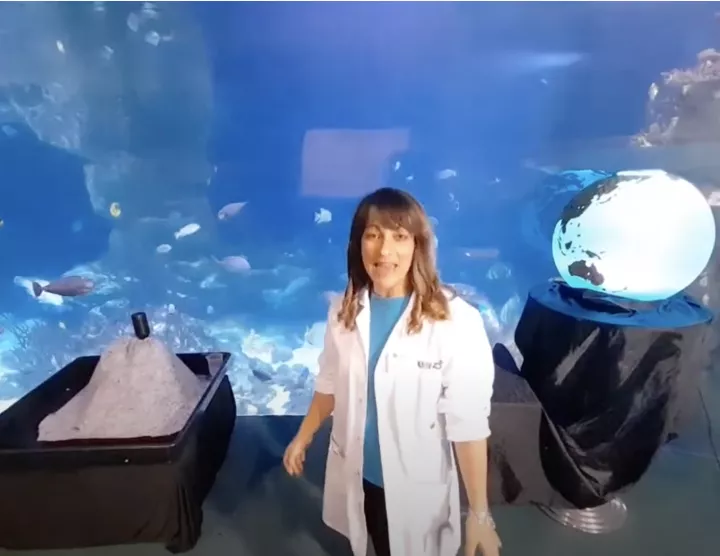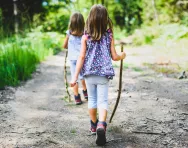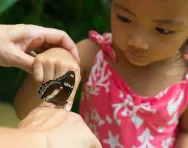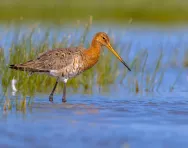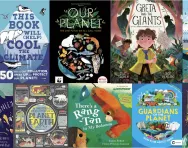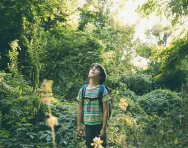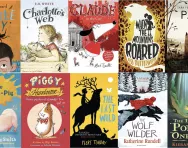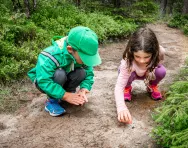Important update from TheSchoolRun
For the past 13 years, TheSchoolRun has been run by a small team of mums working from home, dedicated to providing quality educational resources to primary school parents. Unfortunately, rising supplier costs and falling revenue have made it impossible for us to continue operating, and we’ve had to make the difficult decision to close. The good news: We’ve arranged for another educational provider to take over many of our resources. These will be hosted on a new portal, where the content will be updated and expanded to support your child’s learning.
What this means for subscribers:
- Your subscription is still active, and for now, you can keep using the website as normal — just log in with your usual details to access all our articles and resources*.
- In a few months, all resources will move to the new portal. You’ll continue to have access there until your subscription ends. We’ll send you full details nearer the time.
- As a thank you for your support, we’ll also be sending you 16 primary school eBooks (worth £108.84) to download and keep.
A few changes to be aware of:
- The Learning Journey weekly email has ended, but your child’s plan will still be updated on your dashboard each Monday. Just log in to see the recommended worksheets.
- The 11+ weekly emails have now ended. We sent you all the remaining emails in the series at the end of March — please check your inbox (and spam folder) if you haven’t seen them. You can also follow the full programme here: 11+ Learning Journey.
If you have any questions, please contact us at [email protected]. Thank you for being part of our journey it’s been a privilege to support your family’s learning.
*If you need to reset your password, it will still work as usual. Please check your spam folder if the reset email doesn’t appear in your inbox.
Best wildlife and nature home education resources

Best for learning about plants
Immerse your child in the world of plants and fungi with videos, games and challenges for KS1 and KS2 from Kew Learning at Home. Learn to identify fungi "villains", find out about battlefield botany and how plants can transform spaces and commemorate people and think about food sustainability and how we can work to end world hunger.
All the resources are curriculum-aligned and designed to satisfy your child's curiosity about the plants around us.
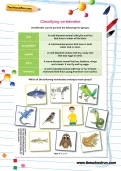

Download fantastic science resources today!
- Experiments And Science Fun pack
- Science Learning Programme for each school year
- All the instructions, questions and information you need
Best for wildlife webcams
The webcams provided by Wildlife Trusts across the British Isles offer us a glimpse of ospreys, puffins, badgers, peregrines, bats, owls, kestrels and more – and the view is unrivalled. Will you see birds nesting or new chicks hatching and growing during their first few weeks of life? It's hard to stop watching!
You'll also find free wildlife-themed activity sheets and nature spotter guides to try at home and in the garden on the Wildlife Watch website.
Best for interactive games about nature
The Woodland Trust's Tree Tools for Schools website is packed with wildlife ID sheets, quizzes and some bright, angaging interactive puzzles to help your child learn about plants, trees and animals through play.
Want to take the learning outside? Try nature activities like ladybird potato stamps, natural art and making a loo roll bird feeder.
Best for learning about animal welfare
Think about and debate animal welfare issues with the RSPCA's free home learning resources. You could become an animal protector, learn to photograph your pet, build a woodland den or make a bird feeder out of orange peel.
To introduce children to the five welfare needs of animals there are interactive games and videos on the RSPCA Animals & Us website, as well as more lesson-based animal welfare teaching resources for primary children on topics including farm animals, wildlife habitats and pets.
Best for a whole-family nature challenge
In summer, join the 50,000+ people in the UK who take part in the annual nature challenge 30 Days Wild! Throughout June you'll be encouraged to do one wild thing a day for your health, wellbeing and for the planet. That’s 30 simple, fun and exciting Random Acts of Wildness!
In winter, focus on birds by signing up for the Big Garden Birdwatch in January. To take part, spend an hour counting the birds you see in your garden, watching from your balcony or in a local park, then share what you saw with the RSPB (Royal Society for the Protection of Birds).
Best for child-friendly gardening
The world may be an uncertain place at the moment, but there is comfort in knowing that the sun rises every day and plants and growing and flowers blooming as spring moves towards summer. Stay connected with nature with some RHS family gardening suggestions: make recycled watering devices, grow vegetables in mini allotments on your windowsill, make a potato bag monster, put together a sensory touch box or design your dream garden.
Activities, lesson plans, gardening projects and plant information sheets are available on the RHS Campaign for School Gardening website – we love the Individual step by step guides to useful gardening skills and the one-off outdoor tasks which can be completed in an hour or less.
Best for environment home learning packs
Make your own bioplastic, open a bug hotel, grow a vertical garden and find out about food chains, food miles and maps – just a few of the activities in the free Home Learning Packs from the Young People’s Trust for the Environment. No special materials are required and there's minimal printing to do, so you can focus on open-ended learning projects and natural-world research topics children can explore independently.
Best for eco-friendly ideas
Find out about the nature around you and do one small action, each day – an iDot, which stands for I Do One Thing – to benefit the natural world. Don't forget to document your iDots to inspire others – if everyone in the UK did one action every day, what a huge difference we could all make together! There are lots of ideas to get you started on the website: iDots for children to complete, small changes for familes and easy eco-behaviours to try indoors as well as out.
Best for zoological information
Animal fact files, environmental pledges, virtual zoo days, building habitats in boxes and more – the Chester Zoo Learning Resources archive offers activities on animal behaviour, biodiversity, deforestation, ecosystems, UK wildlife and lots more. All the downloads are free and you can filter them by age and topic. Perfect for budding conservationists!
Best for zoo webcams
It might be hard to tear yourself away from some of the best live streaming on the planet, courtesy of baboons, penguins, koalas, giraffes, condors and tigers! The San Diego Zoo webcams allow you to see elephants playing ball, platypuses swimming and apes swinging around their enclosures – mesmerising viewing.
Best for natural history resources
Discover a huge library of dinosaur resources, make beeswax food wraps and bird cakes, press flowers and make a pitfall trap to observe minibeasts – the Natural History Museum Try This at Home activities help families explore, investigate, examine and catalogue findings from the natural world (past and present). You can also develop your natural history interests by taking part in citizen science projects, or get expert help identifying your finds.
Best marine biology lessons
Streamed live from Plymouth, the National Marine Aquarium's free online lessons for school children explore underwater volcanoes, marine creatures, nautical navigation, ocean mysteries, life cycles and looking after the ocean. The Aquarium’s own Schools Team use aquarium exhibits and lab facilities to explore the science of marine habitats: expect fascinating facts and real-time experiments, as well as ideas to follow up with at home. All the lessons are available to watch on the National Marine Aquarium YouTube channel so you can catch up whenever it's convenient.
